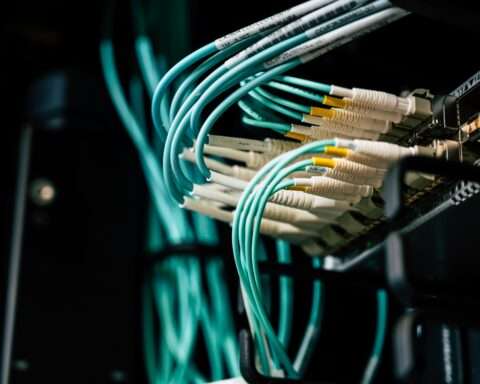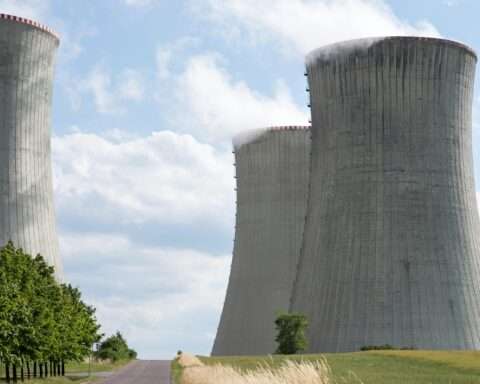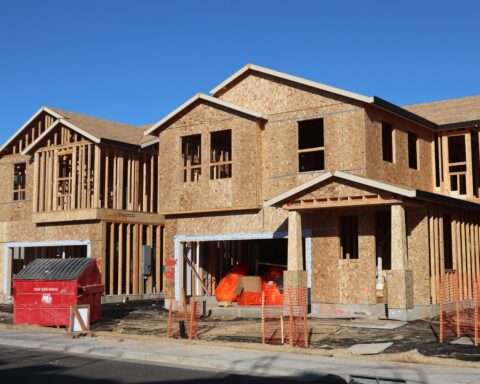The Department of Energy (DOE) is offering a $2 million prize to encourage the production of secondary glazing systems to improve the efficiency of commercial windows.
The inaugural Building Envelope Innovation Prize is designed to find innovative ways to develop and commercialize secondary glazing systems, which are a low-cost solution to complete window replacements. The prize is sponsored by DOE’s Building Technologies Office (BTO).
Secondary glazing systems involve installing an additional pane on the interior of a window that traps air between the layers and acts as an insulator. They can easily be added to existing structures, extending a window’s lifespan and improving the energy efficiency of buildings.
“About 40% of U.S. commercial buildings, including multifamily residences, have single-pane windows, which are uncomfortable for occupants and waste energy,” Jeff Marootian, principal deputy assistant secretary for energy efficiency and renewable energy, said in a statement. “Yet less than 1% of commercial buildings get full window replacements each year because it is so expensive and disruptive for occupants. Secondary glazing systems can help solve this problem.”

Secondary glazing systems have not been widely adopted, despite costing less than replacing existing windows, said Marc LaFrance, BTO’s windows technology manager. “This prize will improve equitable access to efficient retrofit technologies by reducing product and installation costs,” he said.
Prize money will be released in three phases. The first phase is for the design concept, and up to five semifinalists will be chosen for their secondary glazing system prototype, earning up to $50,000 each. Those teams will then proceed to Phase 2 to demonstrate their prototypes and secure an equity-focused technical partner. Two winners will receive $200,000 each.
In the final phase, the semifinalist teams and their partners will work to commercialize their product. The winner will be picked based on the product’s technical and market viability as well as its performance in the pilot demonstration. First place will receive $750,000, and second place will receive $400,000.
Teams must submit their phase one applications by June 13, 2024.












